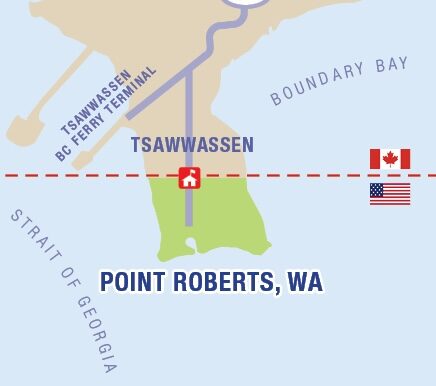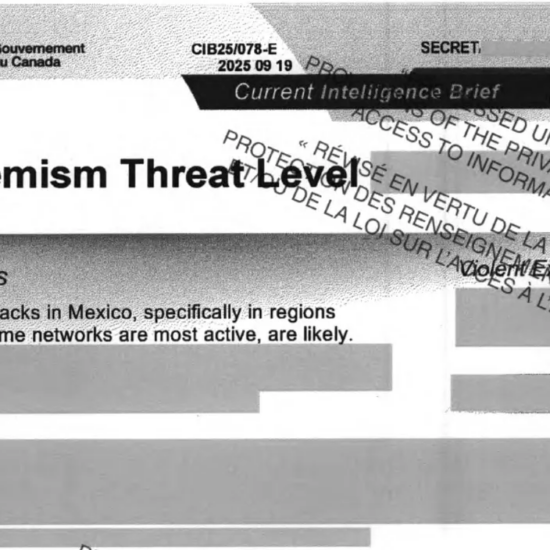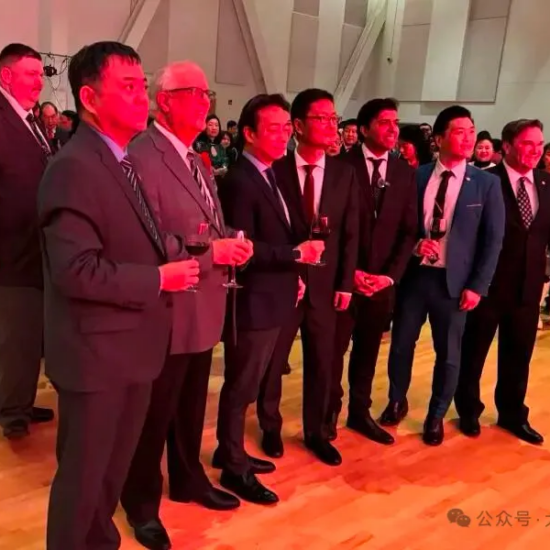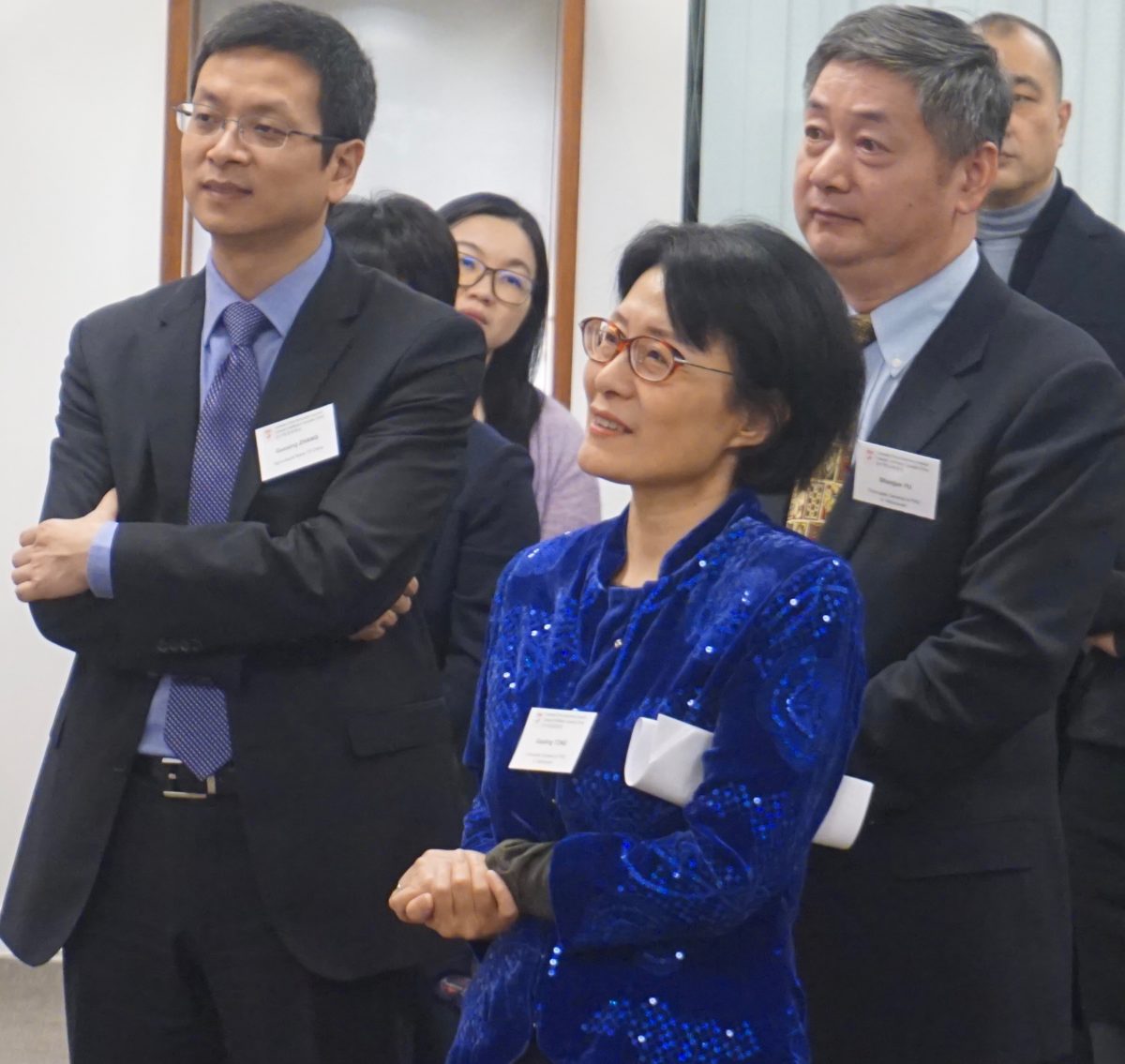
Bob Mackin
The mother in Vancouver’s ultimate astronaut family is now grounded until further notice.
Huawei Technologies CFO Meng Wanzhou, who is the daughter of the telecom giant’s multibillionaire founder, was freed from jail Dec. 11 after a British Columbia Supreme Court judge set bail at $10 million and ruled she must live in her $5.6 million Dunbar vacation home with an 11 p.m. to 6 a.m. curfew.
Meng, a resident of Shenzhen, China, handed-over her China and Hong Kong passports, and is restricted to travel within Vancouver, Richmond and North and West Vancouver.
Meng’s lawyer, David J. Martin, said she wants to be with her husband and daughter, read a novel, and apply to study for a doctorate at University of British Columbia’s business school. Meng will return to court on Feb. 6 to set a date to contest a bid by the United States to extradite her for a trial on fraud charges. Through Martin, Meng claimed she is innocent and vowed that she would not violate the judge’s bail order, because that would embarrass her father, Ren Zhengfei, Huawei and China.
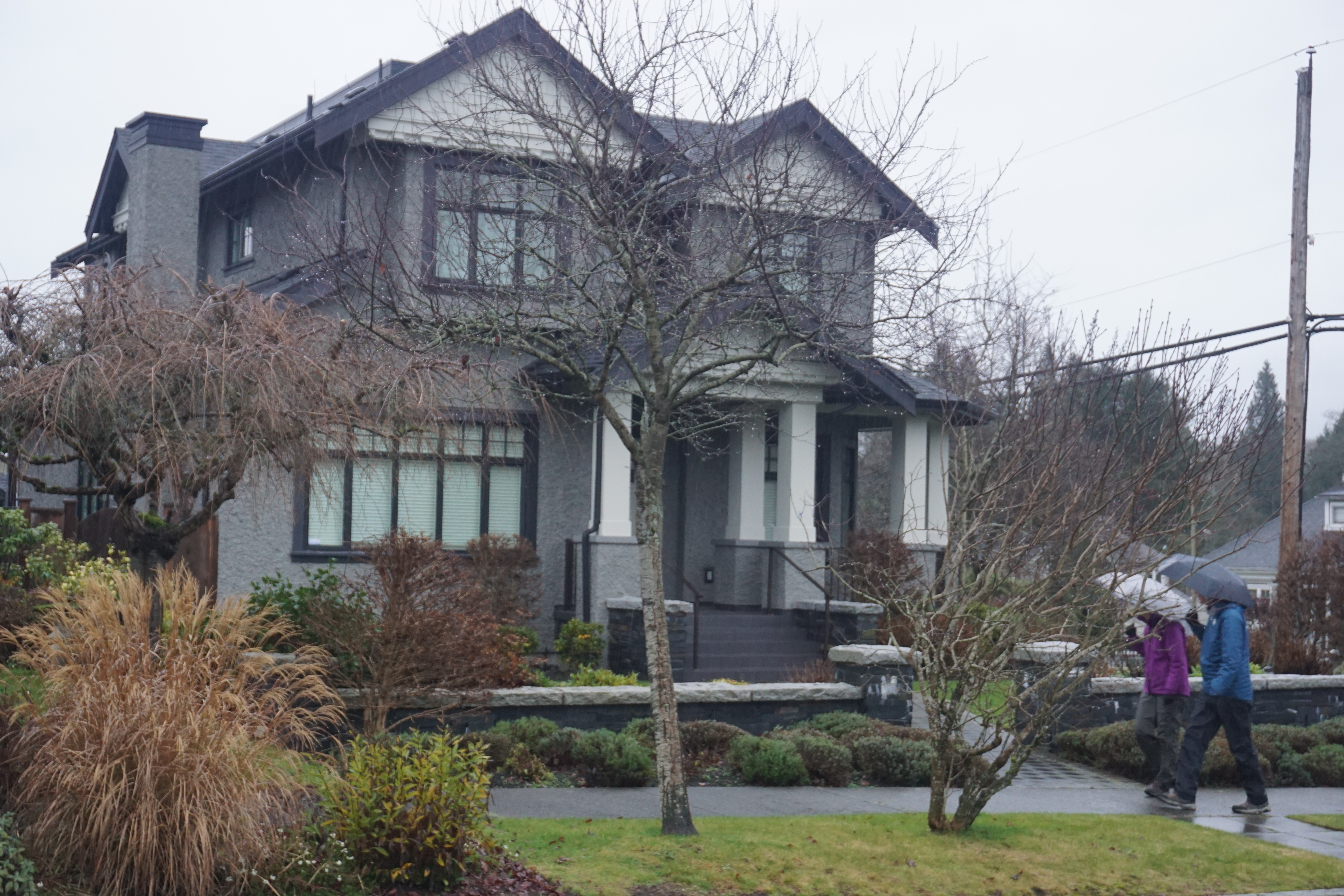
The $5.6 million 28th Avenue house where Meng Wanzhou must live while she awaits the United States extradition application. (Mackin)
The oral decision by Justice William Ehrcke was greeted with clapping from Meng’s supporters, mainly Chinese immigrants and visitors who sat across the aisle of the complex’s biggest courtroom from reporters and associates of Meng. (Update: the written version of Ehrcke’s order was published Dec. 10. Read it, along with key exhibits from the United States and Meng’s lawyer, below.)
Outside the courthouse, some of the supporters displayed Chinese flags and signs reading “We Love Huawei” and “Free Ms. Meng” in front of cameras.
Four Chinese-Canadians who are Vancouver residents came forward overnight, together pledging $3 million in cash and equity from their homes as financial guarantees to the court. One of those who is vouching that Meng will not flee Canada is the real estate agent who sold the two houses that bear the name of Meng’s husband, Liu Xiaozong, on the titles. Another of the proposed additional sureties is a yoga instructor neighbour in Dunbar.
Federal Crown lawyer John Gibb-Carsley unsuccessfully opposed Meng’s bail, because of the risk that she would flee to China. He had called Liu, who also goes by “Carlos,” an unsuitable supervisor for Meng. If she fled, Gibb-Carsley said, he would naturally follow. Meng is wealthy enough to compensate Liu for the loss of any real estate pledged to the court.
Meng was also ordered to pay for her own round-the-clock security detail, whose job it is to ensure she wears a GPS anklet to monitor her movements and respects bail conditions.
All of this was decided in an oral judgment after two-and-a-half days of hearings for the 46-year-old. She was arrested in Vancouver International Airport Dec. 1 after arriving from Hong Kong, but was prevented from continuing to Mexico City because U.S. authorities asked Canada to act upon an August arrest from New York. The U.S. alleges Meng committed fraud by convincing banks to approve transactions with an unofficial subsidiary of Huawei in order to subvert trade sanctions with Iran between 2009 to 2014.
Meng did not talk to reporters when she was finally whisked away by her security detail from court-approved contractor Lions Gate Risk Management.
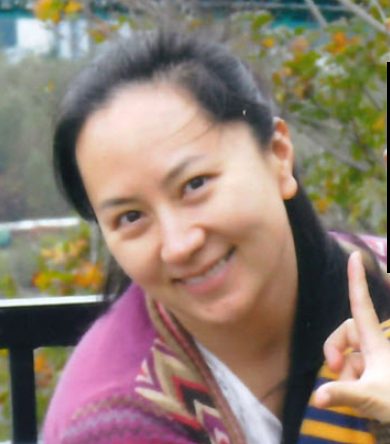
Meng Wanzhou in Stanley Park (B.C. Supreme Court exhibits)
Three blocks north, in the Chinese-state-owned Poly Culture art gallery, the region’s top Chinese government official told reporters she was pleased.
“The order by the judge was only a preliminary good news for her and her family, because she is in a very fragile health condition,” said Tong Xiaoling, China’s consul general for British Columbia and Yukon. “So, by bail she could have a better condition for her health treatment. That is a preliminary good thing for her and her family, but our position is very clear, she’s innocent and we request her immediate release.”
Tong made brief remarks after speaking to a Canada China Business Council reception that was scheduled several weeks before Meng’s arrest sparked a diplomatic row. Tong did not mention the incident in her upbeat speech, which was billed as an update on bilateral trade discussions.
In an affidavit, Meng stated she had a history of high blood pressure, carcinoma and sleep apnea. After her arrest, she was taken to Richmond Hospital for treatment of hypertension.
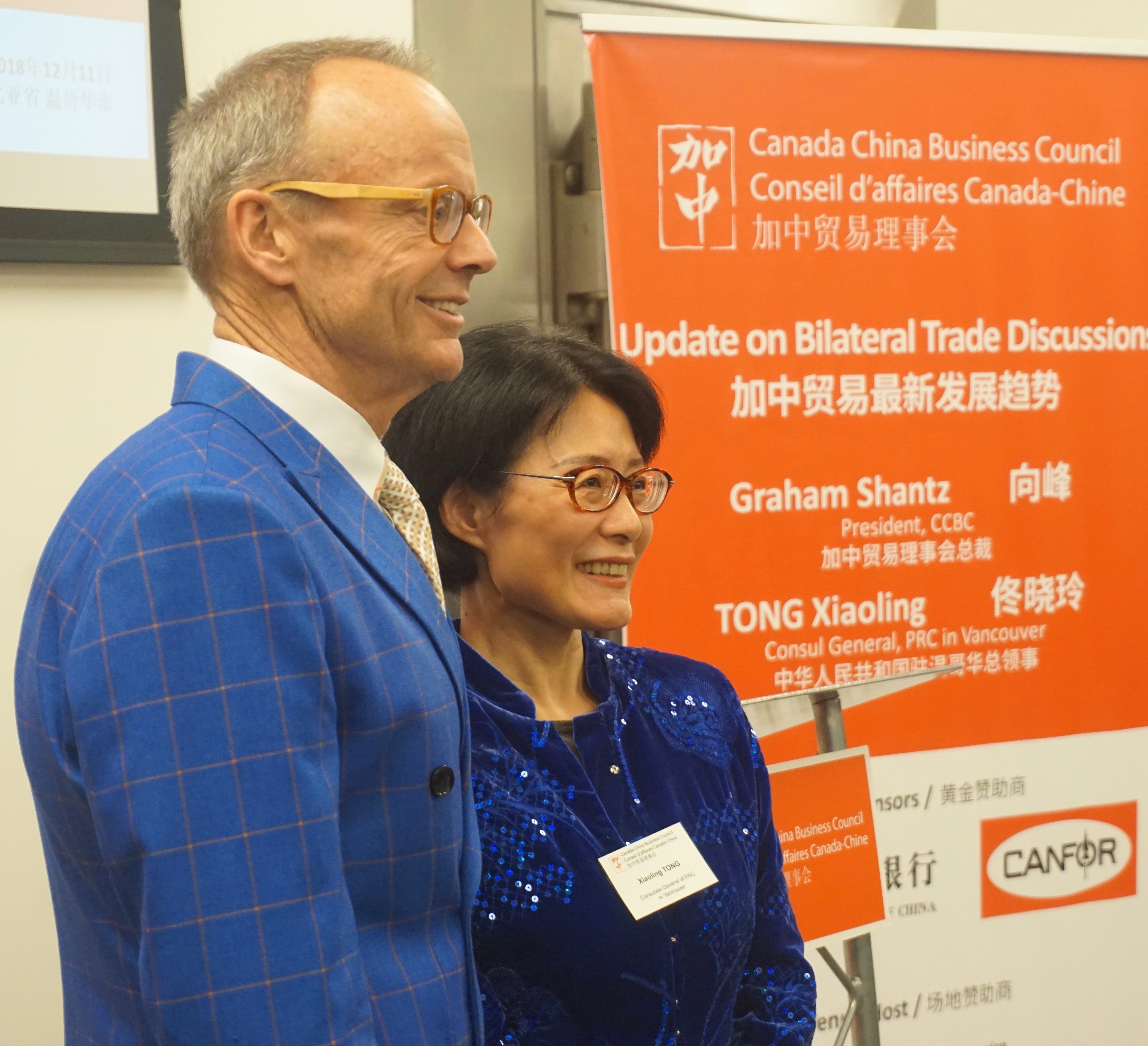
China’s Vancouver envoy Tong Xiaoling (right) with former international trade minister Stockwell Day on Dec. 11 (Mackin)
“In the very first instances, the first minute when we got the information the news that she was stopped and she was in custody, we provided her consular assistance and consular protection,” Tong said.
Chinese government propaganda arms used inflammatory language to demand Meng’s release, threatening Canada with “grave consequences.” Meng’s last morning in the Alouette women’s jail in Maple Ridge coincided with wire service stories about the apparent retaliatory arrest in Beijing of Michael Kovrig from the International Crisis Group. Kovrig is a Canadian diplomat on leave-of-absence.
Meng’s arrest was in accordance with Canada’s extradition treaty with the U.S. Unlike China, Canadian and American politicians are strictly forbidden from meddling in the court. A fact that Ehrcke alluded to at the conclusion of the bail hearing.
“This has been, I’m sure everyone would agree, an unusual case,” Ehrcke told the court. “But I commend all counsel for both sides for your diligence and for your conducting these proceedings in the best traditions of our independent judiciary.”
Support theBreaker.news for as low as $2 a month on Patreon. Find out how. Click here.
2018 BCSC 2255 United States v. Meng by BobMackin on Scribd
Key Exhibits in U.S. v. Men… by on Scribd








